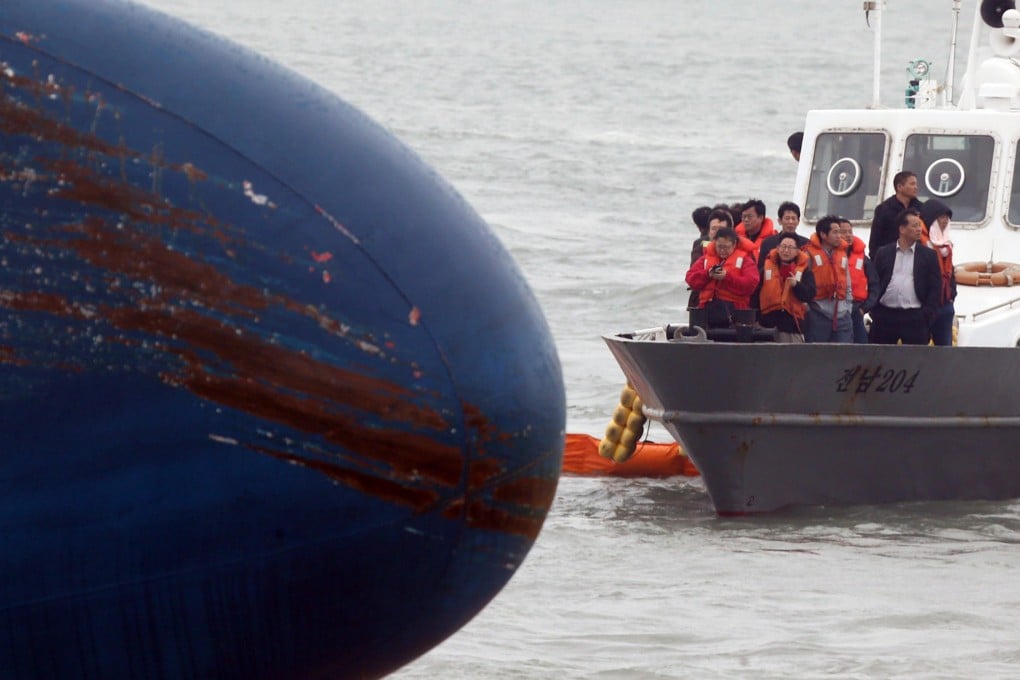Culture of obedience scrutinized following Korean ferry disaster
As the scale of the Sewol ferry disaster inexorably expands, the nation faces a difficult question: Did an aspect of Korea's social culture contribute to the high death toll?

As the scale of the Sewol ferry disaster inexorably expands, the nation faces a difficult question: Did an aspect of Korea's social culture contribute to the high death toll?
Some commentators wonder whether the behaviour of high school students aboard - who obeyed dubious orders given by the ship's crew to remain in place, even as the ship listed steeply and water flooded in - was a symptom of a hierarchical culture in which young people are taught to obey authority figures without question.
It's a mindset prized in the military and many companies. But the Sewol disaster has some youth rethinking the value of such strict obedience.
Survivor accounts indicate that orders not to move were instrumental in the high number of missing. Those who ignored the orders, took personal initiative and reached open decks were the ones who survived.
While children from any culture might well obey orders in such an unfamiliar and terrifying situation, one expert says Korean teenagers are particularly conditioned to do so.
"Korean teenagers are very accustomed to being told what to do and what to think," said Mike Breen, Seoul-based author of . "Chances are, it was the naughty ones who disobeyed."
A senior teacher at one school said modern students increasingly engaged in independent thought, a break from the past and a trend this disaster would likely encourage.
